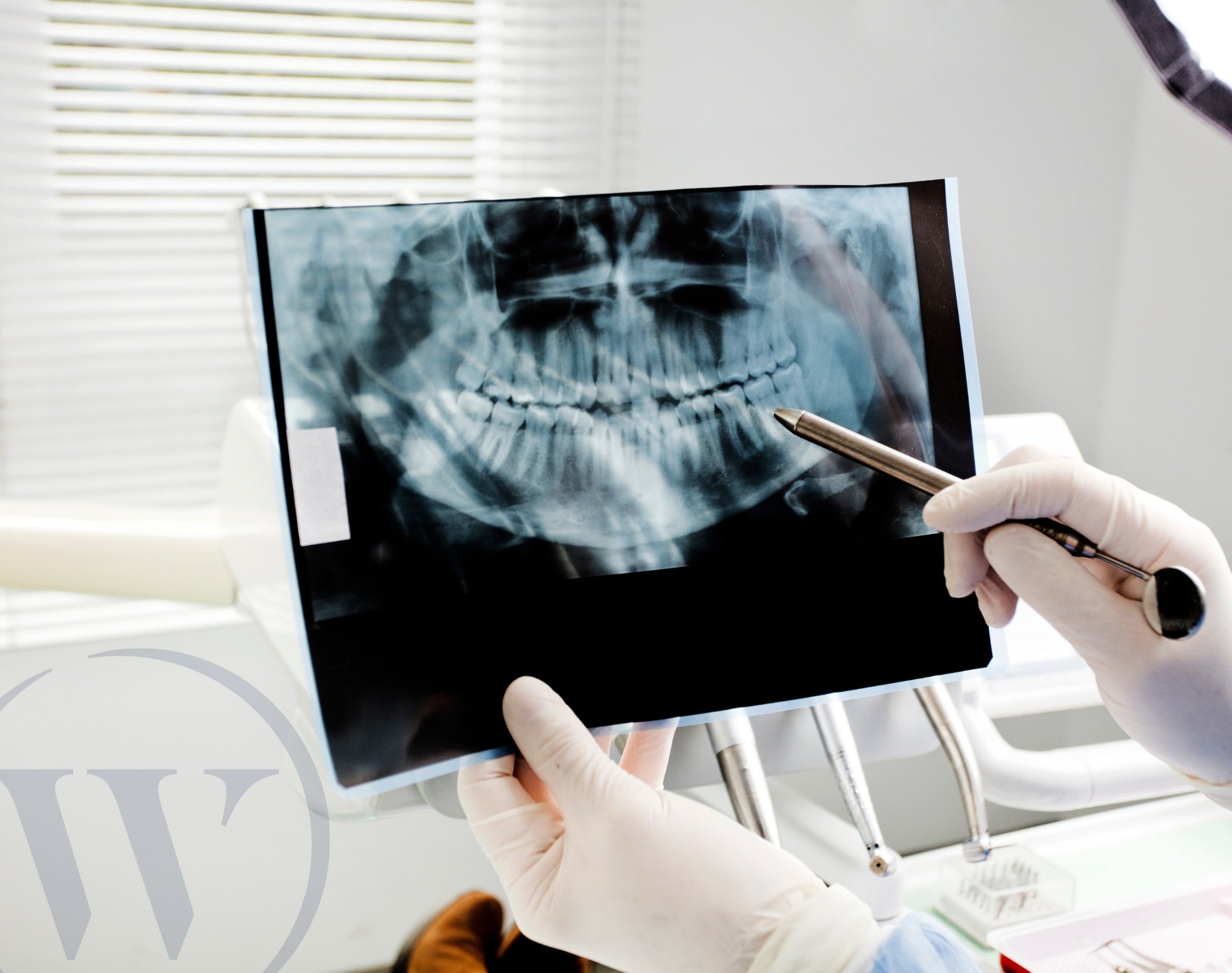Before conducting your screening, your specialist will ask you about your medical history and any concerns or problems you have that you'd like them to look at.
They will then perform your oral health screening, which only takes a few minutes. Wearing gloves and using tools such as a dental mirror, your specialist will inspect your tongue, teeth, gums, inside of the cheeks, roof of the mouth and throat. This is non-invasive and won’t cause any pain.
Your consultant may want to take X-rays of your teeth and jaw. This can help them get a clear understanding of the health and position of your teeth and the structure of your jaw.
What does an oral health screening check for?
Oral health screenings help identify a wide range of conditions. They also play a key role in preventing the development of problems in the future that require treatment.
Checking all areas of your mouth, your specialist will be looking for signs of oral problems, including:
Can mouth and gum cancer be found during an oral health screening?
Oral cancers are one of the more serious conditions that can be identified during a screening.
It’s particularly important to have regular oral health screenings if you have a family history of mouth or gum cancer, are a smoker, or are affected by other risk factors associated with oral cancer.






